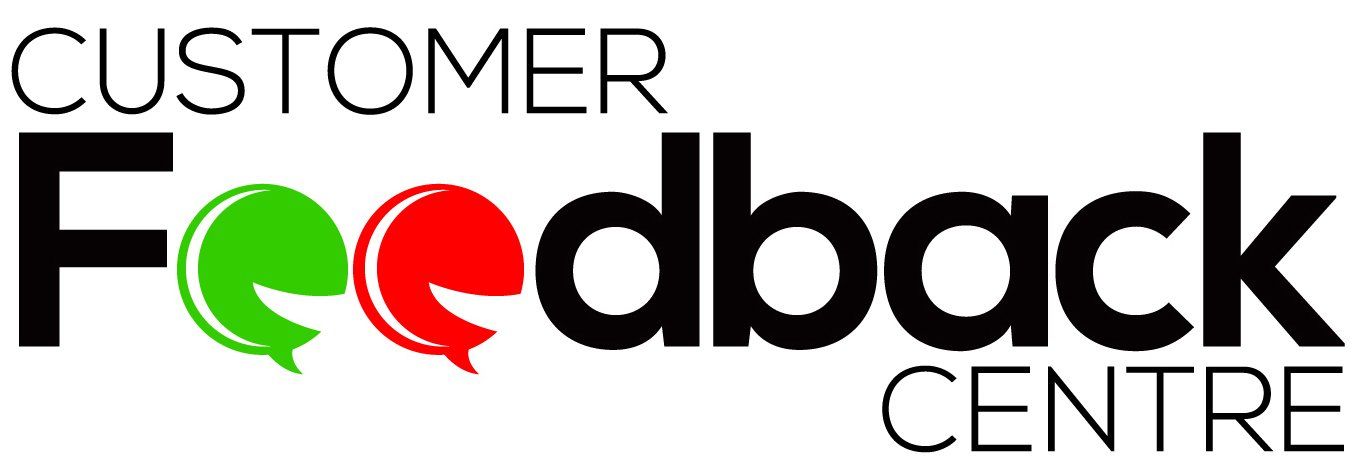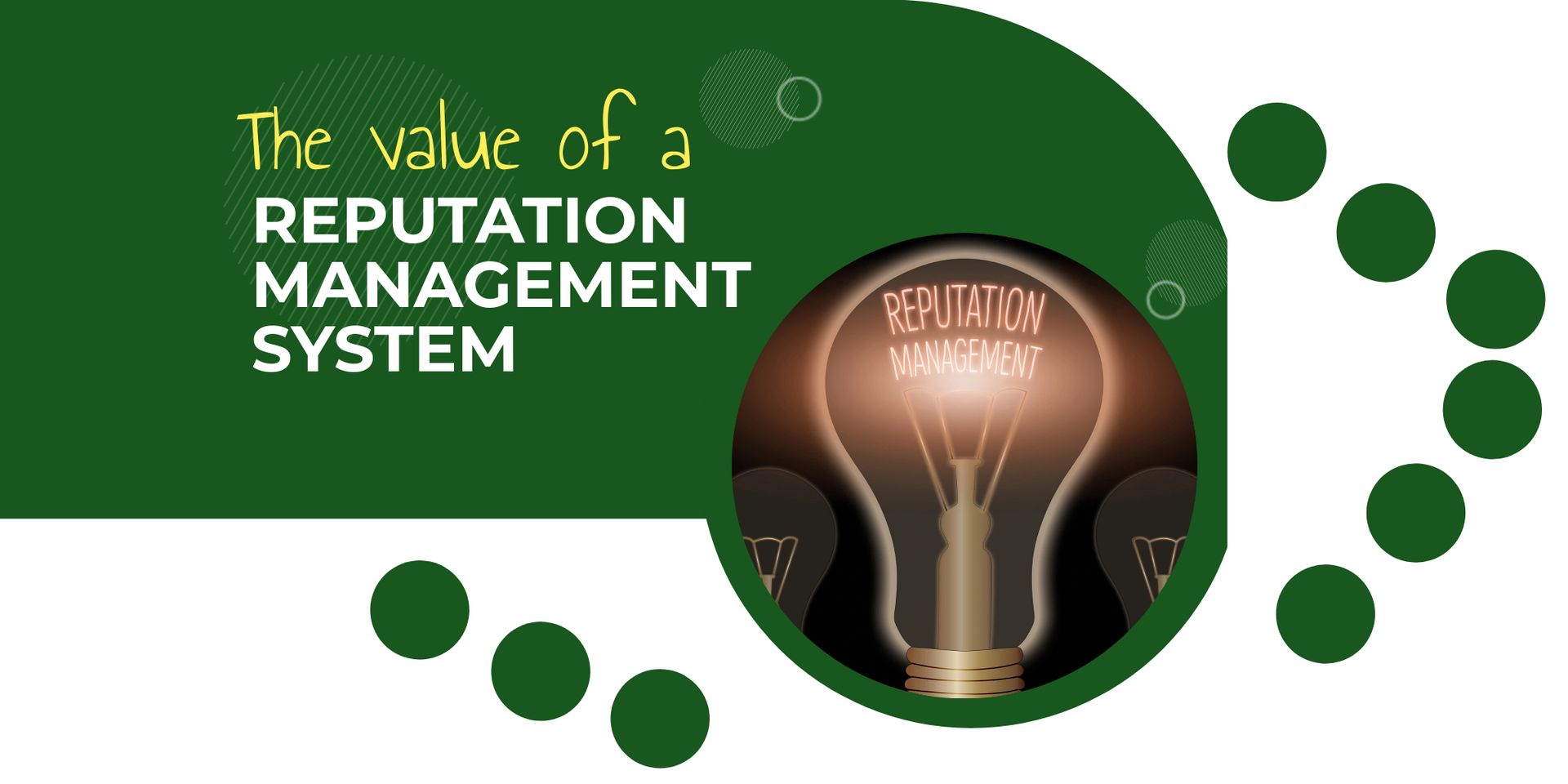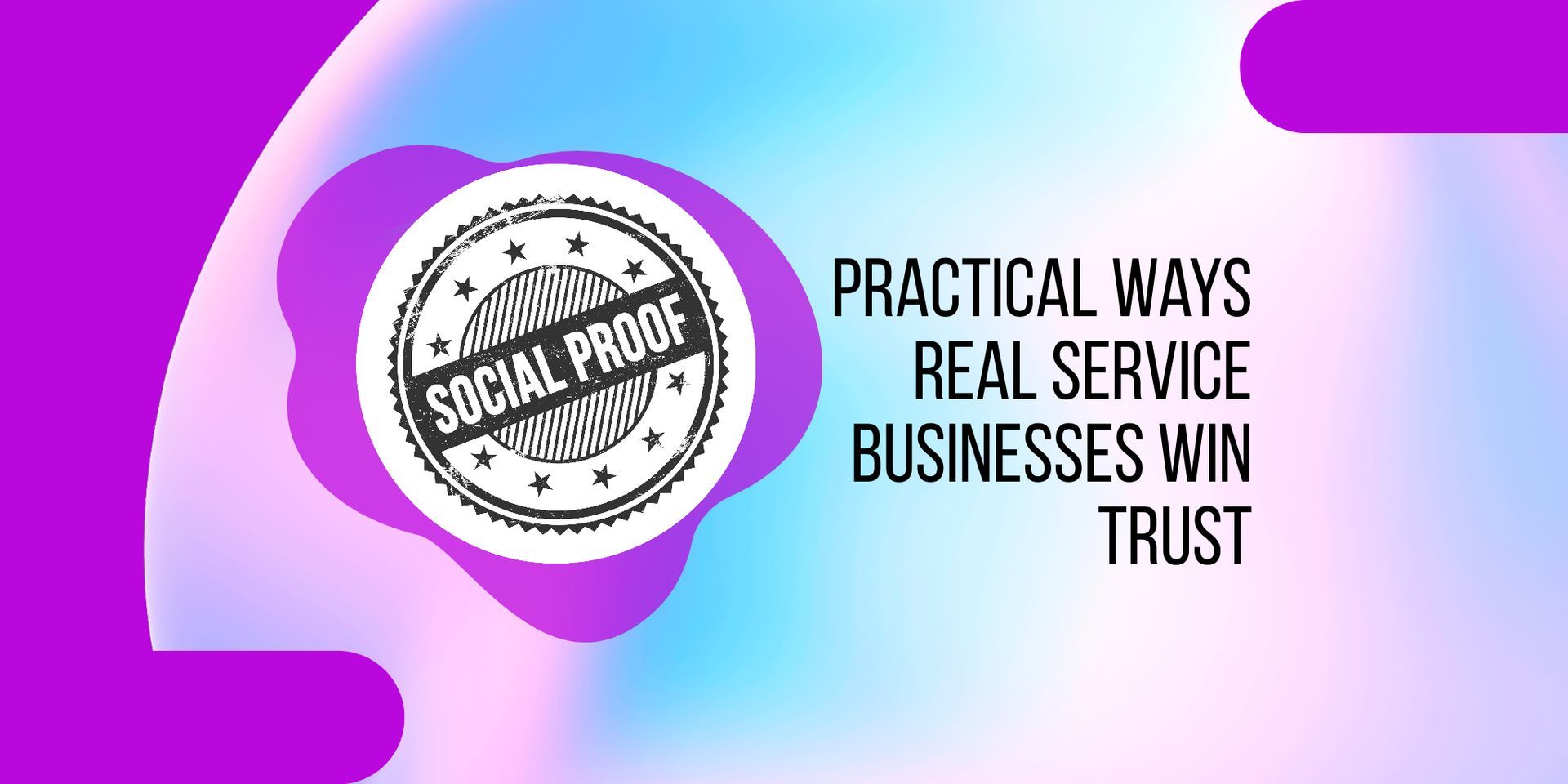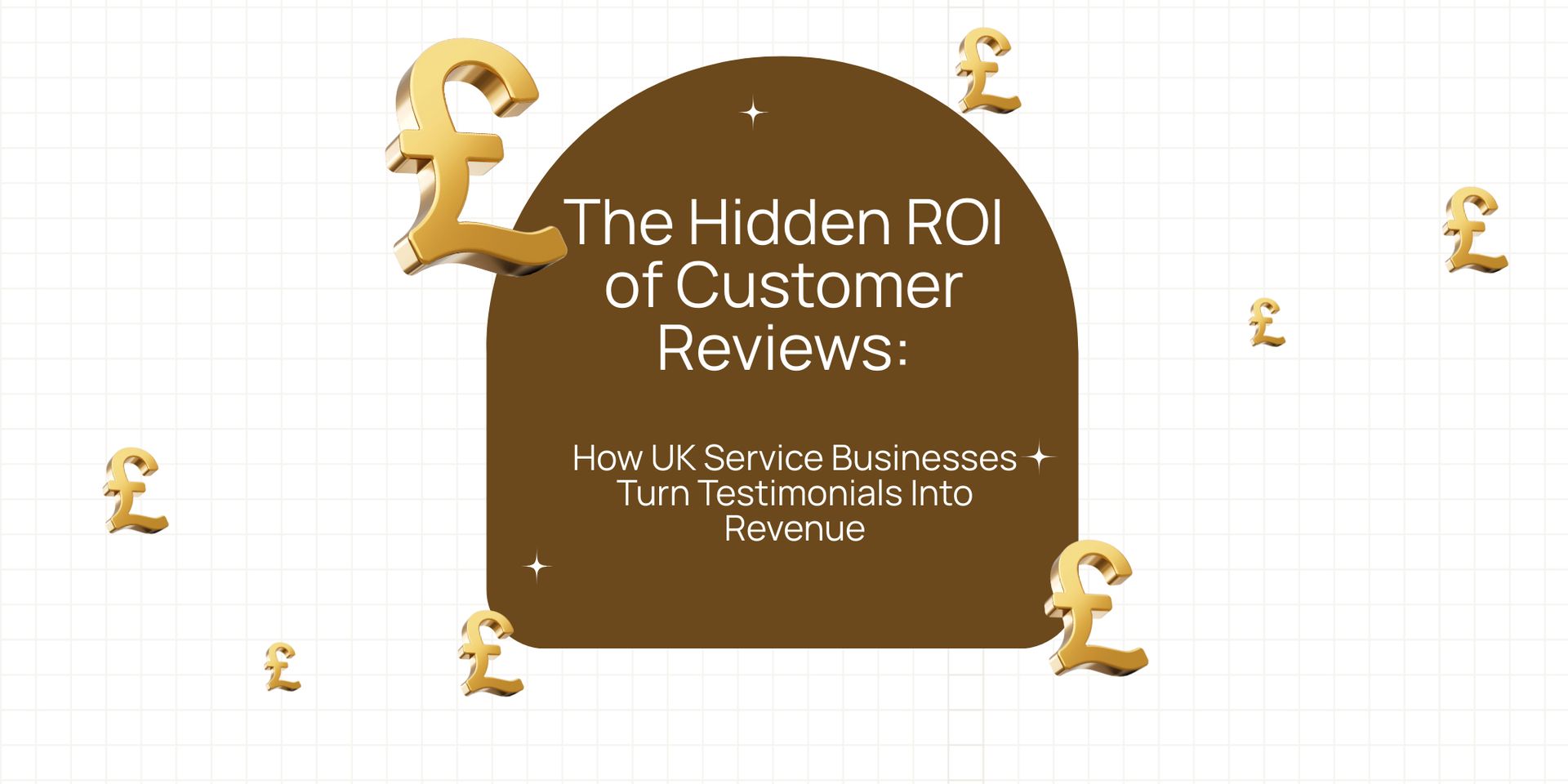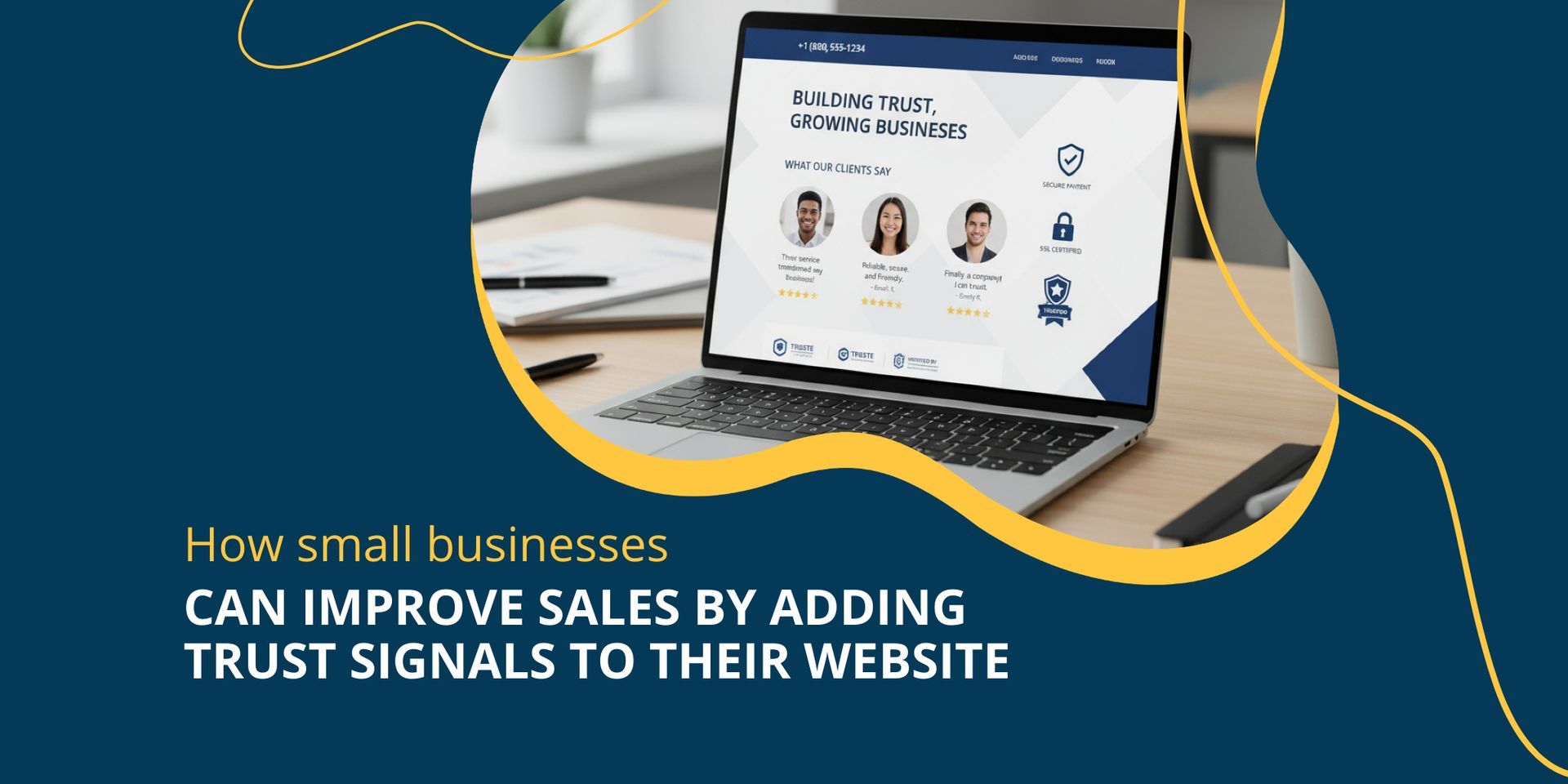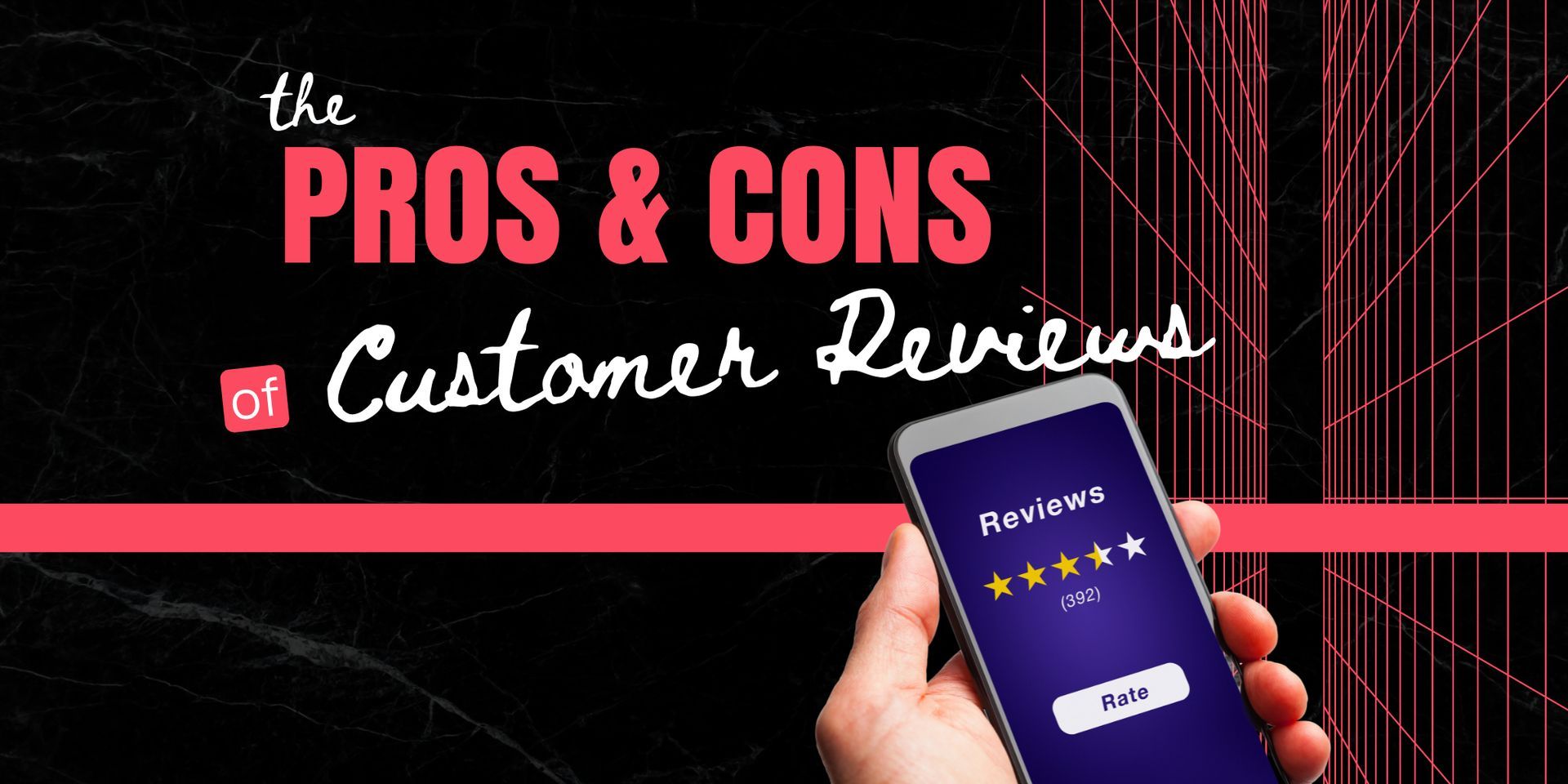Direct Feedback vs 3rd Party Reviews - What's Actually Worth Your Time?
Use what your customers tell you to actually improve things

I was in a local café yesterday, watching the owner chat with a happy customer.
The customer was raving about their breakfast, and the owner just smiled and said "that's lovely to hear, is there any chance you could pop that on Google?"
That got me thinking about how confusing the whole review thing can be for local businesses.
So let's chat about it - no fancy stuff, just straight talk about reviews.
What's What in the Review World
You know when you're at a party, and someone asks for your opinion? That's basically direct feedback - just you and them.
What about when that same person goes and shares your opinion with their mates at the pub later?
That's more like a third-party review. Both kinds of reviews matter, but they serve different purposes.
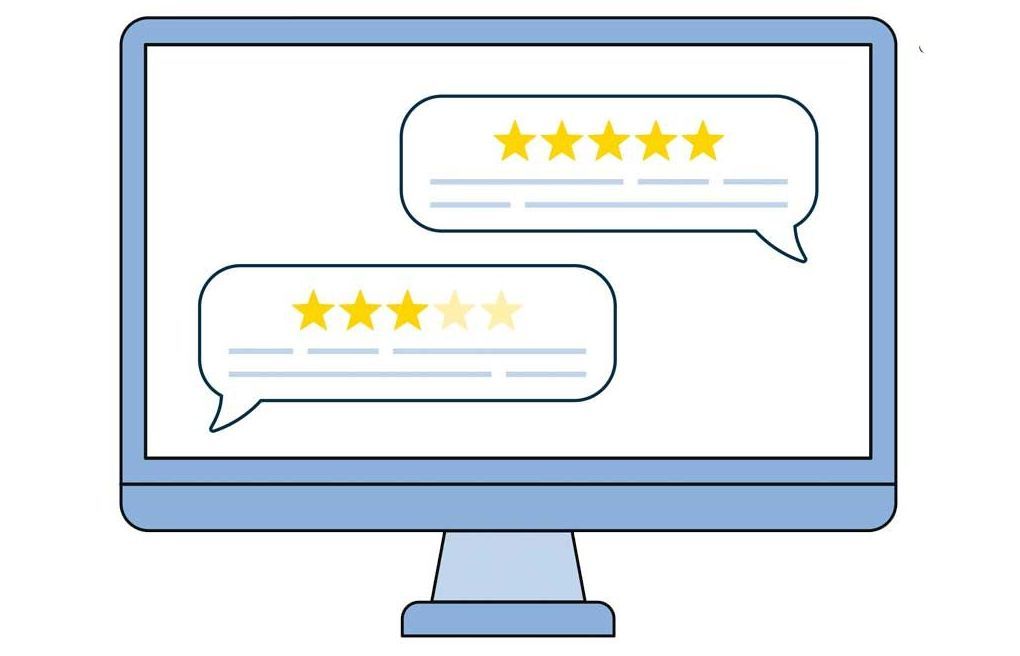
A Tale of Two Reviews
Let me tell you about Geoff (name changed, obviously). He owns a double glazing company in Kent. For years, he only cared about Google reviews.
Makes sense - that's where everyone looks first, right? But he was missing out on the gold dust that comes from proper customer conversations.
Now he asks customers some simple questions:

1. "What made you choose us?"
2. "What could we do better?"
3. “How do you feel about your experience with us?”
The answers he gets are real eye-openers - stuff that never shows up in quick Google reviews.
Customers really appreciate the shoes-off policy — it shows care, respect, and helps everyone feel more comfortable, especially older visitors.
That's the kind of detail you only get when you're asking directly.
Getting Both Types Right
Here's what actually works (tested with hundreds of local businesses):
For Direct Feedback:
- Ask while they're still excited about using your company
- Keep it casual - like you're having a chat
- Make it dead easy to respond
- Use what they tell you to actually improve things
For Third-Party Reviews (Google, Facebook, etc):
- Time it right - not too soon, not too late
- Make it simple (send them a direct link)
- Thank them when they do it
Real Talk
Look, I'll be honest - most businesses mess this up.
They either spam everyone for Google reviews or collect testimonials verbally (so only they hear it) or the customer writes an email (again, only they see this).
Neither works properly.
The Secret Sauce
Want to know what will get you results? It’s just about using a bit of common sense:
- Start by asking your clients, customers, or patients for their honest feedback - this will give you a clear picture of how things went.
- Sort out any issues (if any) straight away.
- Once you know they’re happy, that’s the time to ask for a review on a platform that most potential customers will see them - usually Google or Facebook
- Then just keep it going.
It’s simple stuff, but it makes a big difference.
The Bottom Line
At the end of the day, it's about building trust. Direct reviews help you understand your business better.
Third-party reviews help other people trust you enough to pick up the phone.
You need both. But more importantly, you need to do both right.
Quick Tip
Next time a customer says something nice, don't just smile and nod. Get it in writing. Whether it's for your website or Google it doesn't matter - just capture it. Because genuine reviews are worth their weight in gold especially in a world where everyone has got trust issues.
Need Help Sorting All This Out?
Give us a call at the Customer Feedback Centre. We help local businesses like yours get this stuff right, without all the hassle. No fancy promises - just a tried and tested proven product that actually does all of above and loads more, and it runs on autopilot, saving you at least 10 hours per month.
I hope the above article was of interest and you found it useful.
If you need our help, then please arrange a call with me.
